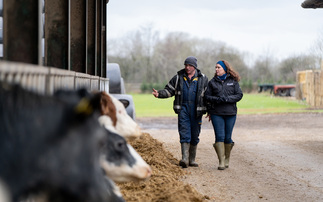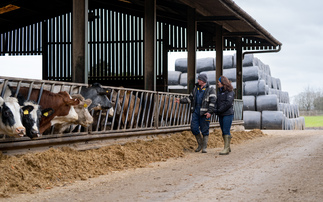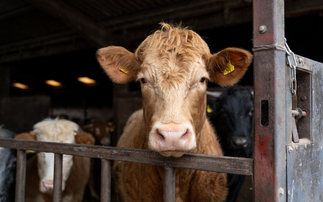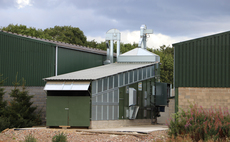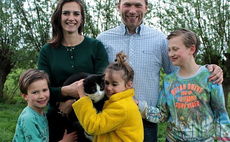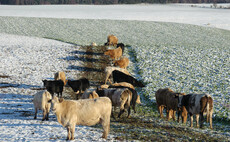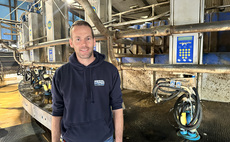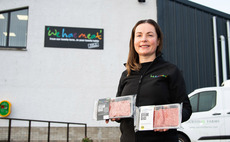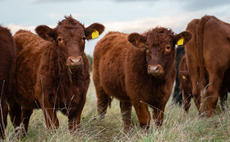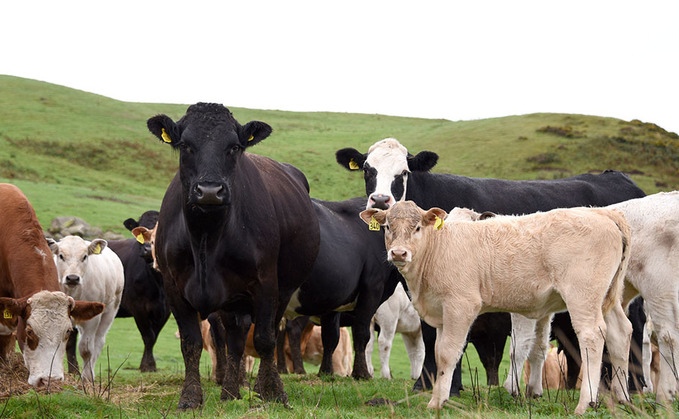
The ‘Change One Thing' campaign by Boehringer Ingelheim Animal Health UK was launched after the results of a recent survey which suggested that many cattle producers are struggling to implement some simple, but impactful changes.
The survey aimed to investigate the extent to which beef and dairy producers are aware of methods to sustainably control parasites; how many are following best practice techniques, and what advice and support they need to make a change.
Advice
It indicated that farmers are not asking professionals such as their vet, or in-store animal health advisor (SQP) for advice on parasite control as much as they could.
Only 55 per cent of main decision maker respondents asked their vet for advice on parasite control planning as part of overall herd health planning, and that dropped to 21 per cent for specific parasite control advice.
Positively, over 60 per cent of main decision maker respondents had already implemented some methods of sustainable parasite control, including quarantining and treating bought-in animals, managing pasture use, and calibrating and testing dosing guns. But more than half of the same respondents were aware of but had not implemented several key methods, including weighing or tracking growth rates of youngstock, testing individuals or groups of animals for parasites, and using preventative methods such as vaccinating for lungworm.
Calibration
Sioned Timothy, ruminant technical manager at Boehringer Timothy says that nearly 25 per cent of main decision makers had not implemented the calibration or testing of their wormer dosing guns, and a further 12 per cent were not even aware of this practice. "These producers are missing a simple opportunity to ensure that their cattle are dosed correctly. Under-dosing is one of the factors that drives resistance to anthelmintics on farm, and over-dosing increases costs unnecessarily."
One effective method of sustainable parasite control, targeted selective treatment, where the best performing animals in a group are left untreated, was not well understood or implemented by respondents.
Example changes that farmers could make to improve their parasite control in a sustainable way, include:
- Weigh and track growth rates of youngstock
- Implement monitoring strategies
- Quarantine and treat all bought-in cattle before mixing with home herd
- Manage pasture use to reduce the likelihood of parasite infection
- Leave some of the best performing animals untreated
- Use preventative measures e.g. vaccination for lungworm
- Calibrate and test dosing applicators/injectors before use







